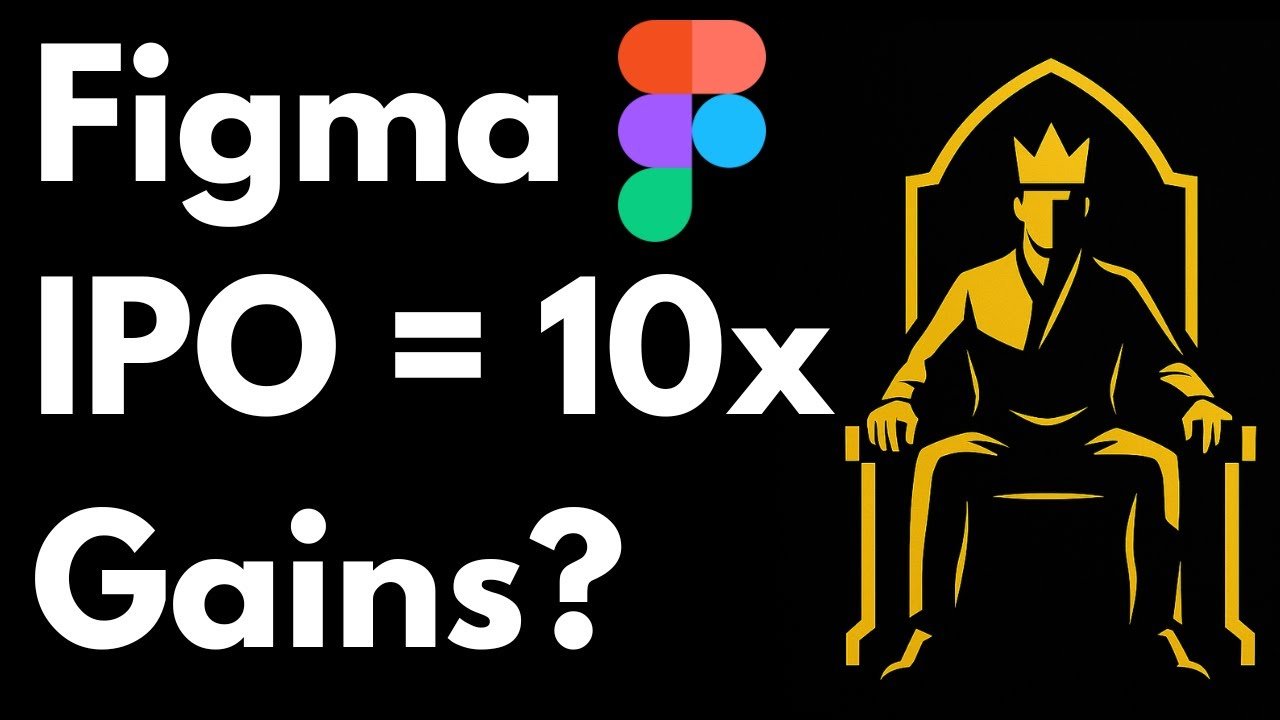Figma Stock IPO Debuts at $33, Valuing the Design Giant at $19.3 Billion
In a highly anticipated move, Figma stock made its public debut on the New York Stock Exchange under the ticker symbol FIG, pricing its initial public offering (IPO) at $33 per share. The price exceeded the expected range, signaling strong investor interest in the collaborative design software company. The IPO raised $1.2 billion, mostly benefiting existing shareholders, and pushed the company’s valuation to a striking $19.3 billion.
Figma’s IPO Surpasses Expectations
Watch out for the Figma $FIG IPO which is set to begin trading tomorrow sometime during the middle of the day pic.twitter.com/akOk5KPx0G
— Evan (@StockMKTNewz) July 31, 2025
The $33 IPO price beat analysts’ forecasted range of $28 to $32 per share, reflecting strong market confidence in Figma’s business model and future growth potential. The company raised $1.2 billion, but notably, most of the funds are going to existing stockholders rather than being reinvested into the business.
This impressive valuation is particularly notable considering the backdrop: Figma had previously agreed to be acquired by Adobe for $20 billion in a 2021 deal. That merger, however, was called off in 2023 due to regulatory challenges, particularly from U.S. and European antitrust authorities.
Figma’s Journey to Public Markets
I requested some shares in the Figma $FIG IPO
What do you think, am I stupid? pic.twitter.com/vKTR9dafrC
— Evan (@StockMKTNewz) July 31, 2025
Founded in 2012 by Dylan Field and Evan Wallace, Figma quickly rose to prominence as a browser-based collaborative design platform, disrupting the creative software space long dominated by Adobe. The platform’s popularity soared among UI/UX designers, product teams, and developers for its real-time collaboration features and intuitive design interface.
Figma’s decision to go public on its own—following the failed Adobe acquisition—marks a significant turning point. It allows the company to carve its own path and continue scaling its services across enterprise and individual markets.
Why Figma Stock Is Attracting Investor Attention
The excitement around Figma stock stems from several compelling factors:
Strong brand presence: Figma has become the go-to tool for modern design teams worldwide.
Collaborative edge: Its real-time, cloud-based platform enables seamless team collaboration—a key differentiator in a hybrid work environment.
Revenue potential: Despite fierce competition, Figma has been growing rapidly and is well-positioned to tap into enterprise software budgets.
Product expansion: Figma has been expanding beyond design into areas like prototyping, design systems, and whiteboarding, giving it a wider addressable market.
Investors view Figma as a “category king” in collaborative design tools, with potential to become a foundational software product in modern workflows—similar to how Slack, Zoom, and Notion became household names in the business software ecosystem.
The Fallout of the Failed Adobe Deal
Praying the stock market gods allow me to receive the amount of shares I ask for with $Fig Figma IPO pic.twitter.com/hwSIbtS3Gq
— Automation Czar | Investor ® (@Bijan_Automates) July 31, 2025
Figma’s previous acquisition deal with Adobe, announced in 2021 for $20 billion, was met with immediate skepticism and regulatory scrutiny. Critics feared it would stifle innovation by eliminating Adobe’s top competitor in the design space. After nearly two years of review, both companies agreed to terminate the deal in late 2023, citing regulatory obstacles.
That setback turned out to be a blessing in disguise. The failed acquisition gave Figma the chance to go public independently, giving investors direct access to one of Silicon Valley’s most innovative companies.
What’s Next for Figma Stock?
With the IPO complete, all eyes are on Figma’s next moves as a publicly traded company. The funds raised—although not directly allocated for company operations—position Figma to expand its leadership team, invest in R&D, and pursue new verticals. The company is expected to double down on enterprise sales and product integrations in the coming quarters.
Investors will also be watching the stock’s post-IPO performance to determine whether Figma can sustain its valuation and growth rate in a competitive market.





